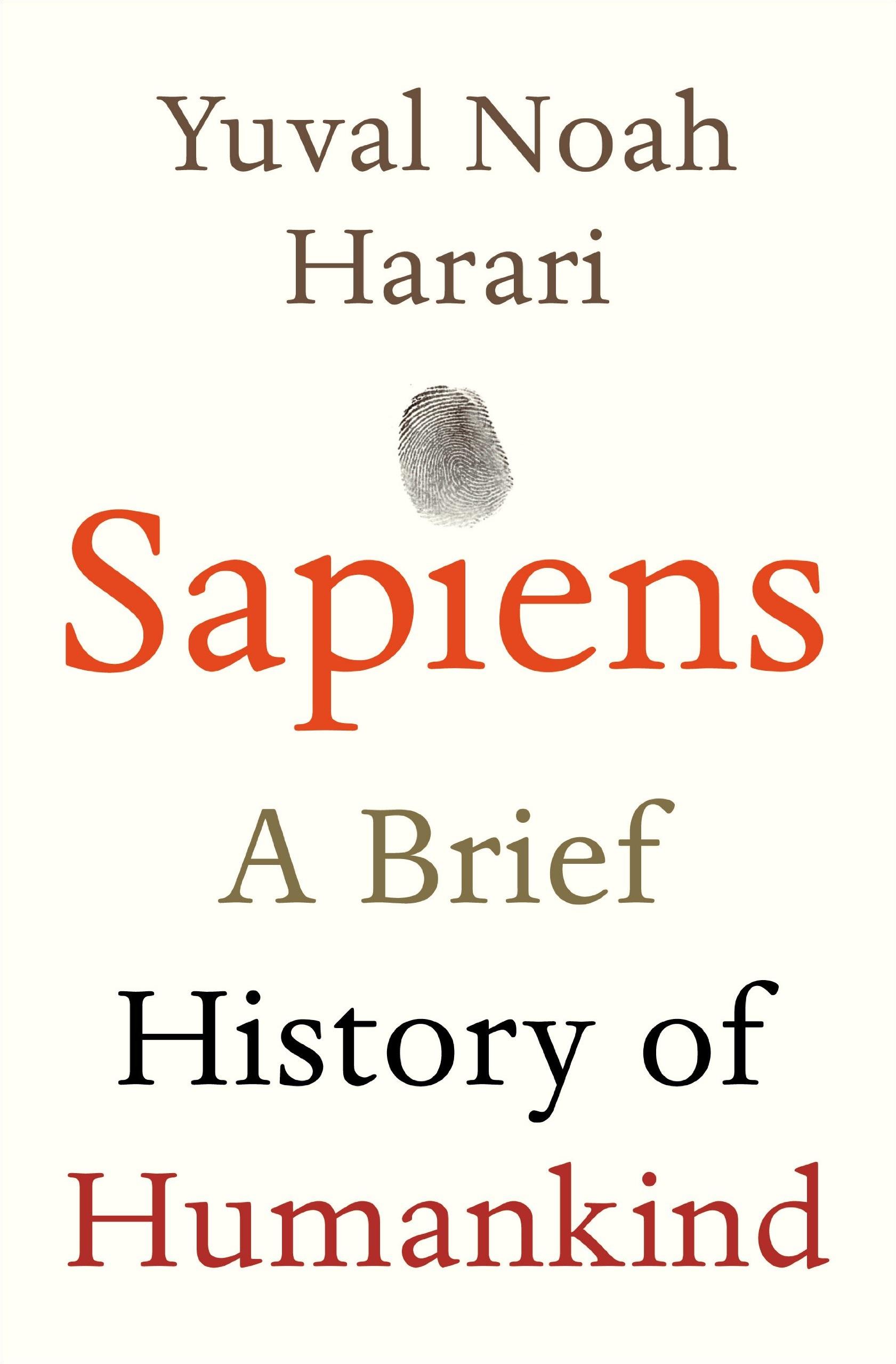
The Story of Human Language
Published: 1 Jan 2004
Description
"I never met a person who is not interested in language," wrote the bestselling author and psychologist Steven Pinker. There are good reasons that language fascinates us so. It not only defines humans as a species, placing us head and shoulders above even the most proficient animal communicators, but it also beguiles us with its endless mysteries. For example:
* How did different languages come to be?
* Why isn’t there just a single language?
* How does a language change, and when it does, is that change indicative of decay or growth?
* How does a language become extinct?
Dr. John McWhorter, one of America’s leading linguists and a frequent commentator on network television and National Public Radio, addresses these and other questions as he takes you on an in-depth, 36-lecture tour of the development of human language, showing how a single tongue spoken 150,000 years ago has evolved into the estimated 6,000 languages used around the world today.
An accomplished scholar, Professor McWhorter is also a skilled popularizer, whose book The Power of Babel was called "startling, provocative, and remarkably entertaining," by the San Diego Union-Tribune.
The London Times called him "a born teacher." And Steven Pinker, best known as the author of The Language Instinct, offered this praise for the book: "McWhorter’s arguments are sharply reasoned, refreshingly honest, and thoroughly original."
Course Lecture Titles
1. What Is Language?
2. When Language Began
3. How Language Changes—Sound Change
4. How Language Changes—Building New Material
5. How Language Changes—Meaning and Order
6. How Language Changes—Many Directions
7. How Language Changes—Modern English
8. Language Families—Indo-European
9. Language Families—Tracing Indo-European
10. Language Families—Diversity of Structures
11. Language Families—Clues to the Past
12. The Case Against the World’s First Language
13. The Case For the World’s First Language
14. Dialects—Subspecies of Species
15. Dialects—Where Do You Draw the Line?
16. Dialects—Two Tongues in One Mouth
17. Dialects—The Standard as Token of the Past
18. Dialects—Spoken Style, Written Style
19. Dialects—The Fallacy of Blackboard Grammar
20. Language Mixture—Words
21. Language Mixture—Grammar
22. Language Mixture—Language Areas
23. Language Develops Beyond the Call of Duty
24. Language Interrupted
25. A New Perspective on the Story of English
26. Does Culture Drive Language Change?
27. Language Starts Over—Pidgins
28. Language Starts Over—Creoles I
29. Language Starts Over—Creoles II
30. Language Starts Over—Signs of the New
31. Language Starts Over—The Creole Continuum
32. What Is Black English?
33. Language Death—The Problem
34. Language Death—Prognosis
35. Artificial Languages
36. Finale—Master Class
* How did different languages come to be?
* Why isn’t there just a single language?
* How does a language change, and when it does, is that change indicative of decay or growth?
* How does a language become extinct?
Dr. John McWhorter, one of America’s leading linguists and a frequent commentator on network television and National Public Radio, addresses these and other questions as he takes you on an in-depth, 36-lecture tour of the development of human language, showing how a single tongue spoken 150,000 years ago has evolved into the estimated 6,000 languages used around the world today.
An accomplished scholar, Professor McWhorter is also a skilled popularizer, whose book The Power of Babel was called "startling, provocative, and remarkably entertaining," by the San Diego Union-Tribune.
The London Times called him "a born teacher." And Steven Pinker, best known as the author of The Language Instinct, offered this praise for the book: "McWhorter’s arguments are sharply reasoned, refreshingly honest, and thoroughly original."
Course Lecture Titles
1. What Is Language?
2. When Language Began
3. How Language Changes—Sound Change
4. How Language Changes—Building New Material
5. How Language Changes—Meaning and Order
6. How Language Changes—Many Directions
7. How Language Changes—Modern English
8. Language Families—Indo-European
9. Language Families—Tracing Indo-European
10. Language Families—Diversity of Structures
11. Language Families—Clues to the Past
12. The Case Against the World’s First Language
13. The Case For the World’s First Language
14. Dialects—Subspecies of Species
15. Dialects—Where Do You Draw the Line?
16. Dialects—Two Tongues in One Mouth
17. Dialects—The Standard as Token of the Past
18. Dialects—Spoken Style, Written Style
19. Dialects—The Fallacy of Blackboard Grammar
20. Language Mixture—Words
21. Language Mixture—Grammar
22. Language Mixture—Language Areas
23. Language Develops Beyond the Call of Duty
24. Language Interrupted
25. A New Perspective on the Story of English
26. Does Culture Drive Language Change?
27. Language Starts Over—Pidgins
28. Language Starts Over—Creoles I
29. Language Starts Over—Creoles II
30. Language Starts Over—Signs of the New
31. Language Starts Over—The Creole Continuum
32. What Is Black English?
33. Language Death—The Problem
34. Language Death—Prognosis
35. Artificial Languages
36. Finale—Master Class









